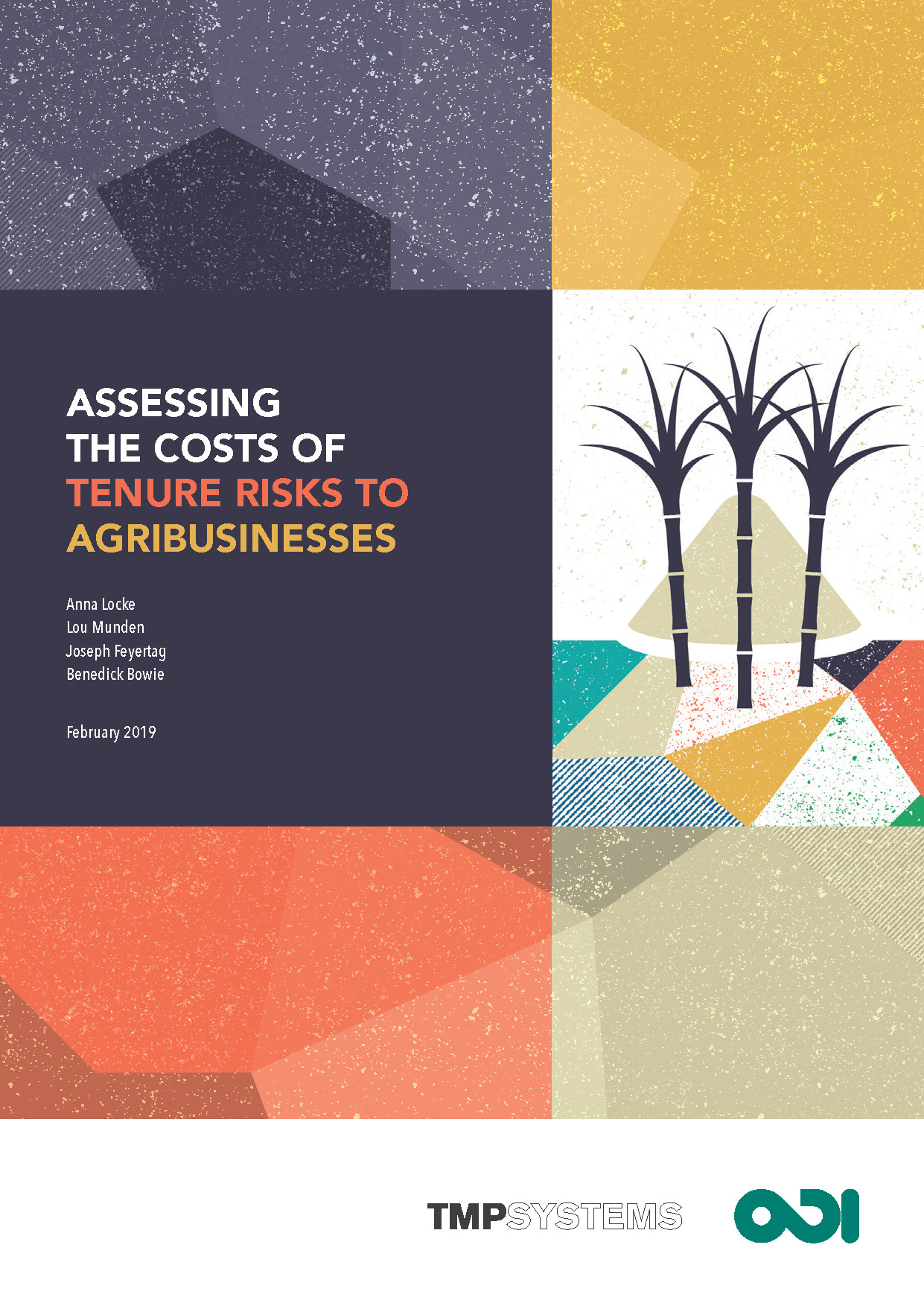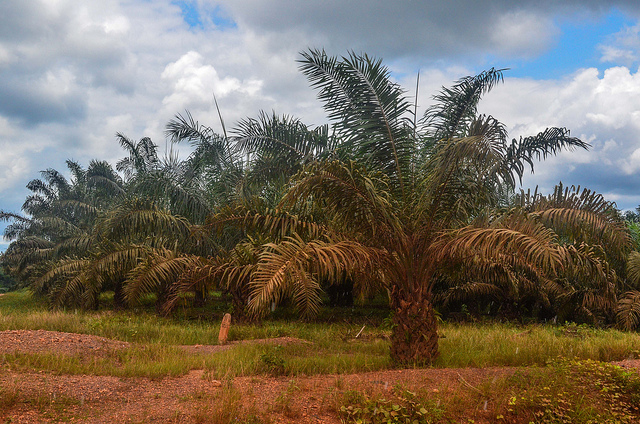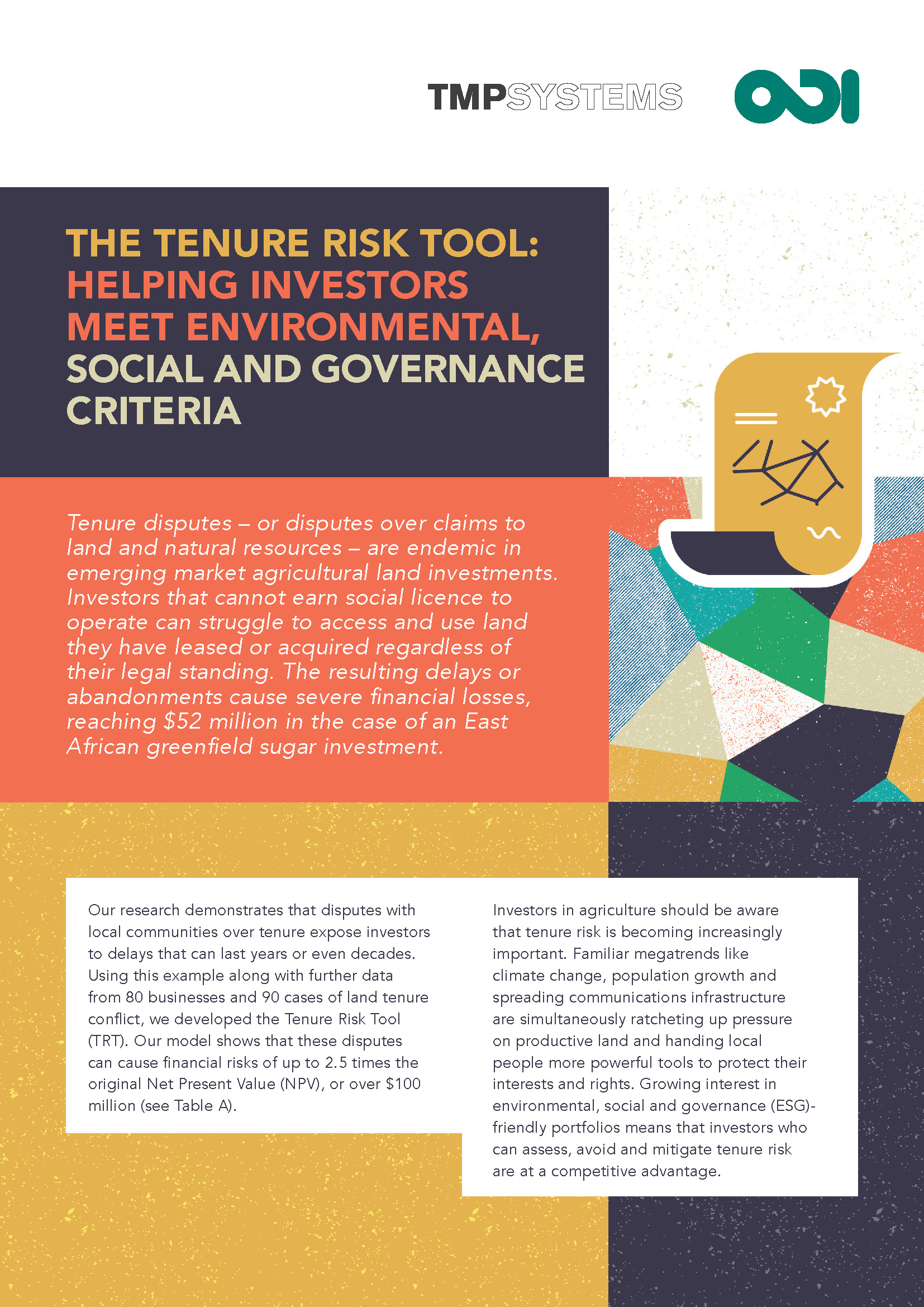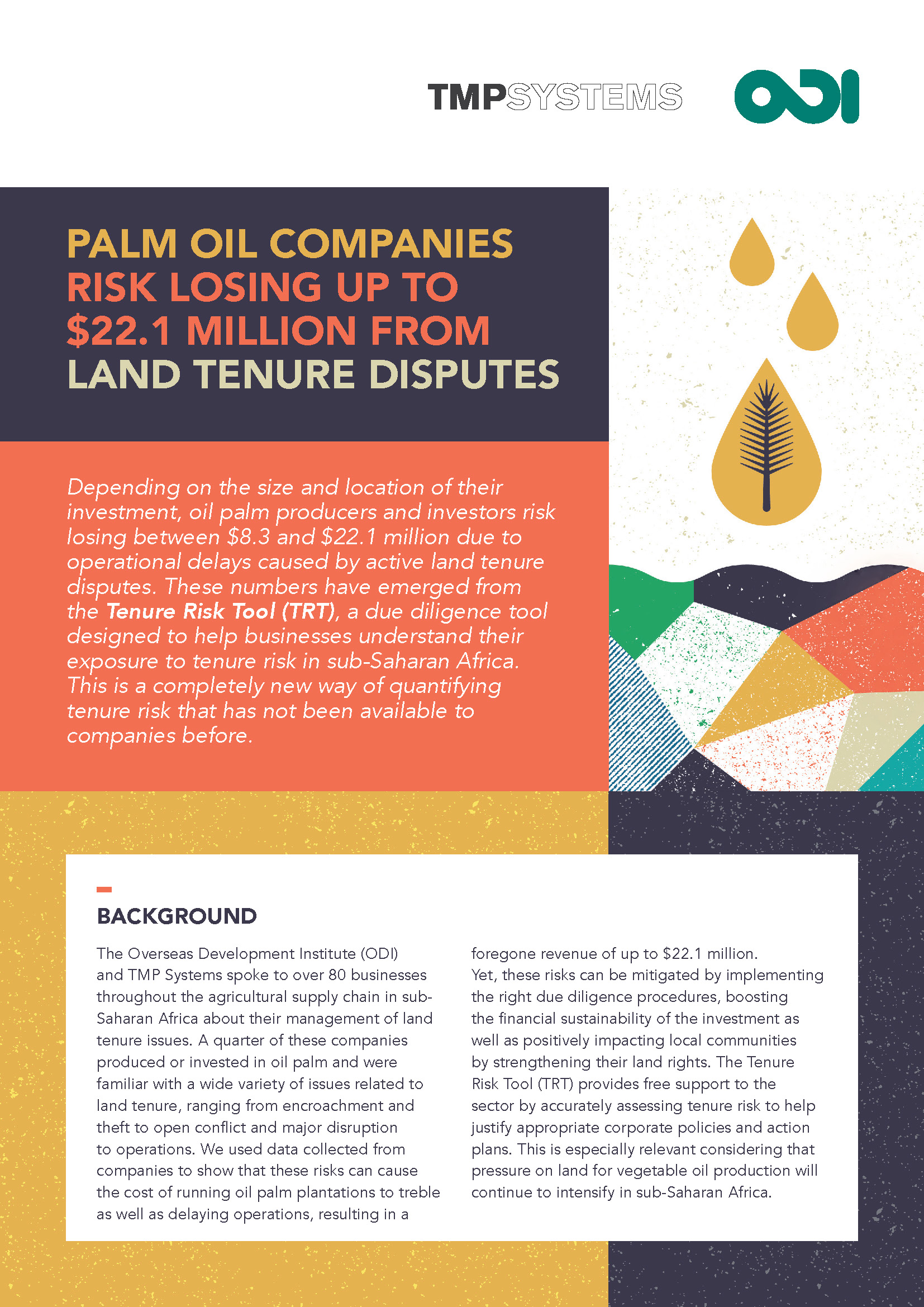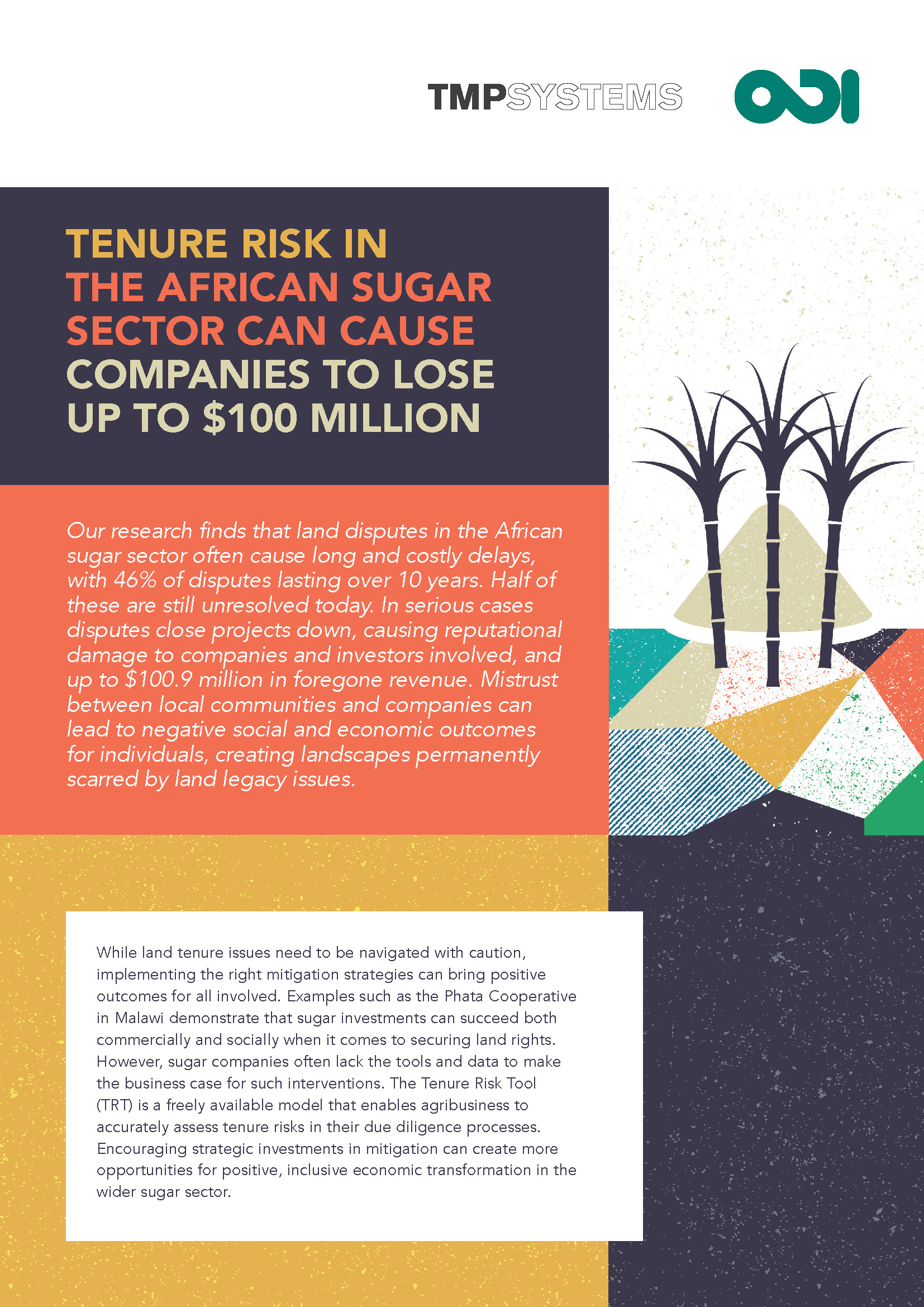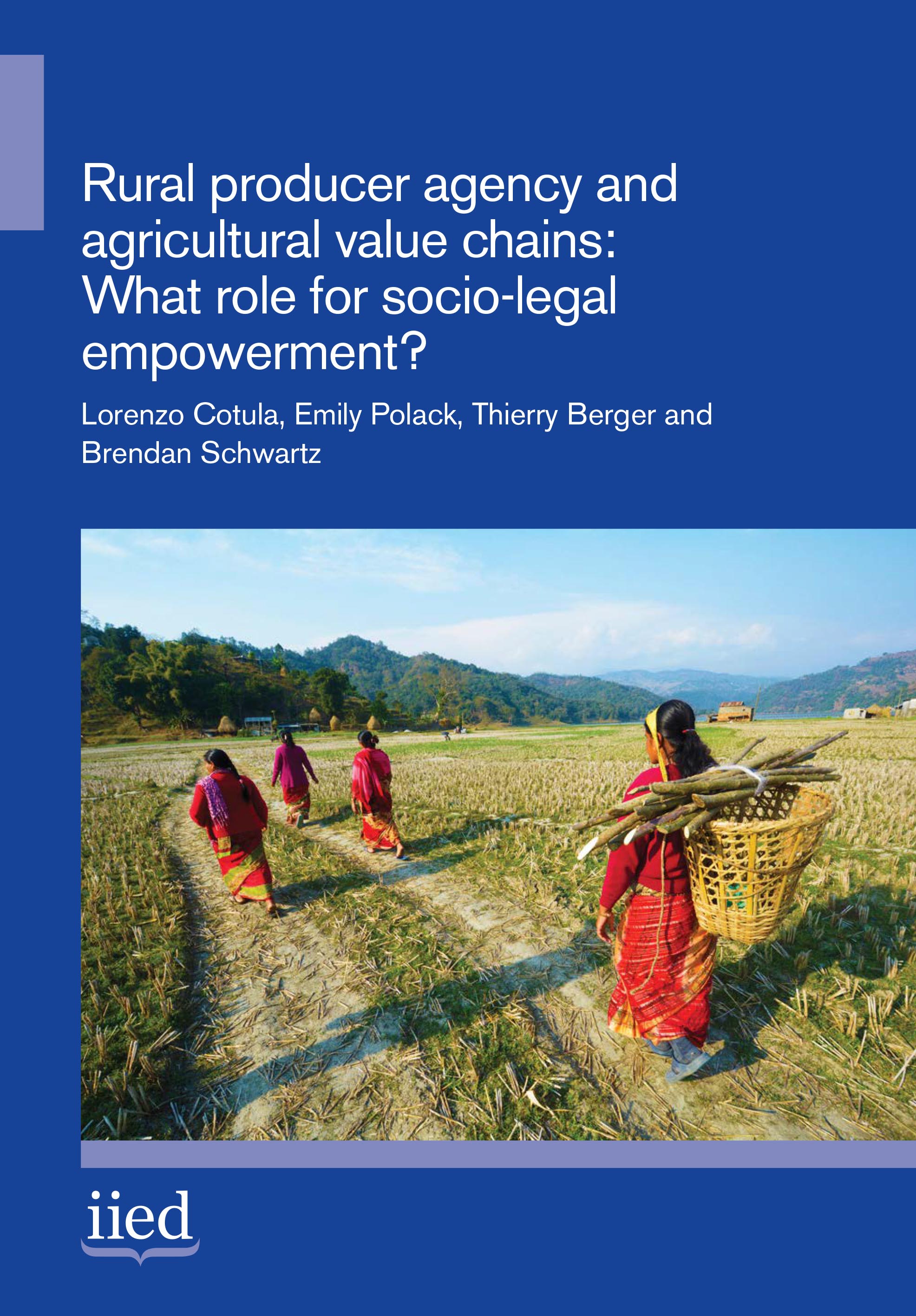Communal land
Communal land is one of the land tenure systems in Namibia, the other being freehold land tenure system. At independence in 1990,Namibia resolved to retain communal land on the basis that majority of the population derived their livelihoods from communal land.Notwithstanding the increasing urban population in the country since independence, the majority of the Namibian population still lives in the communal areas, and many of the urban-based population continue to have close relations in rural areas.


